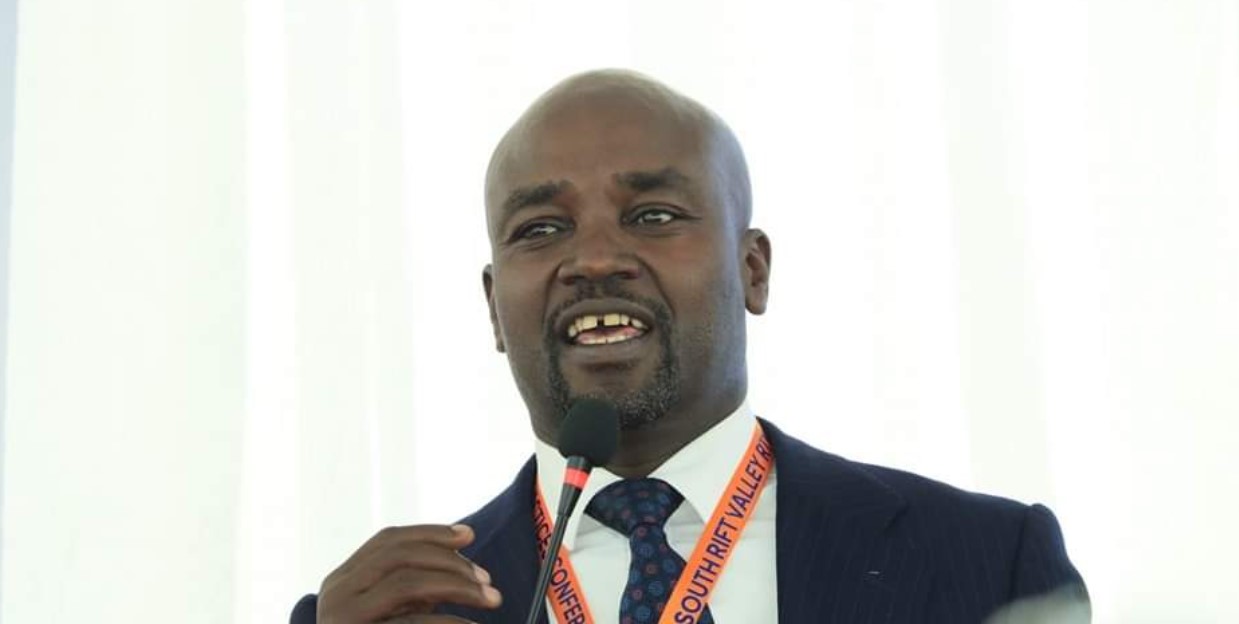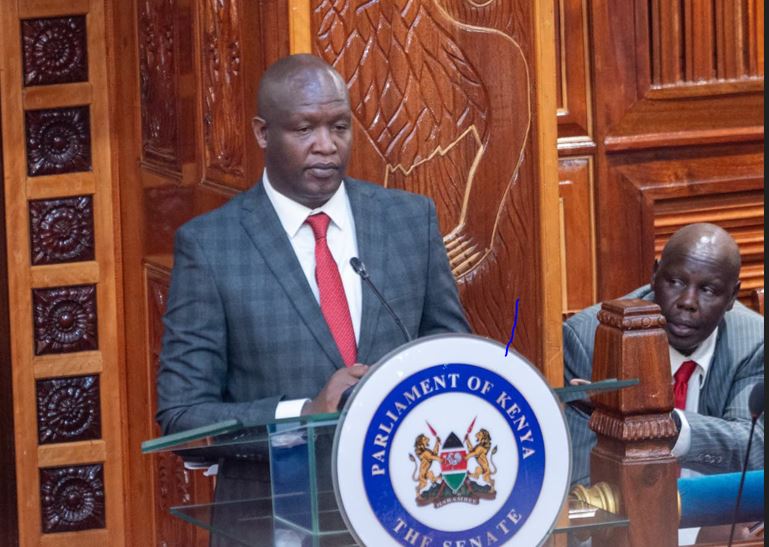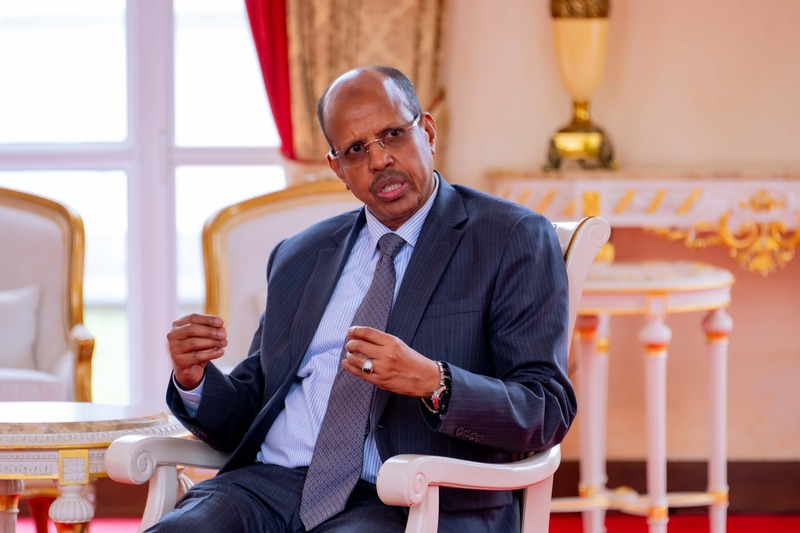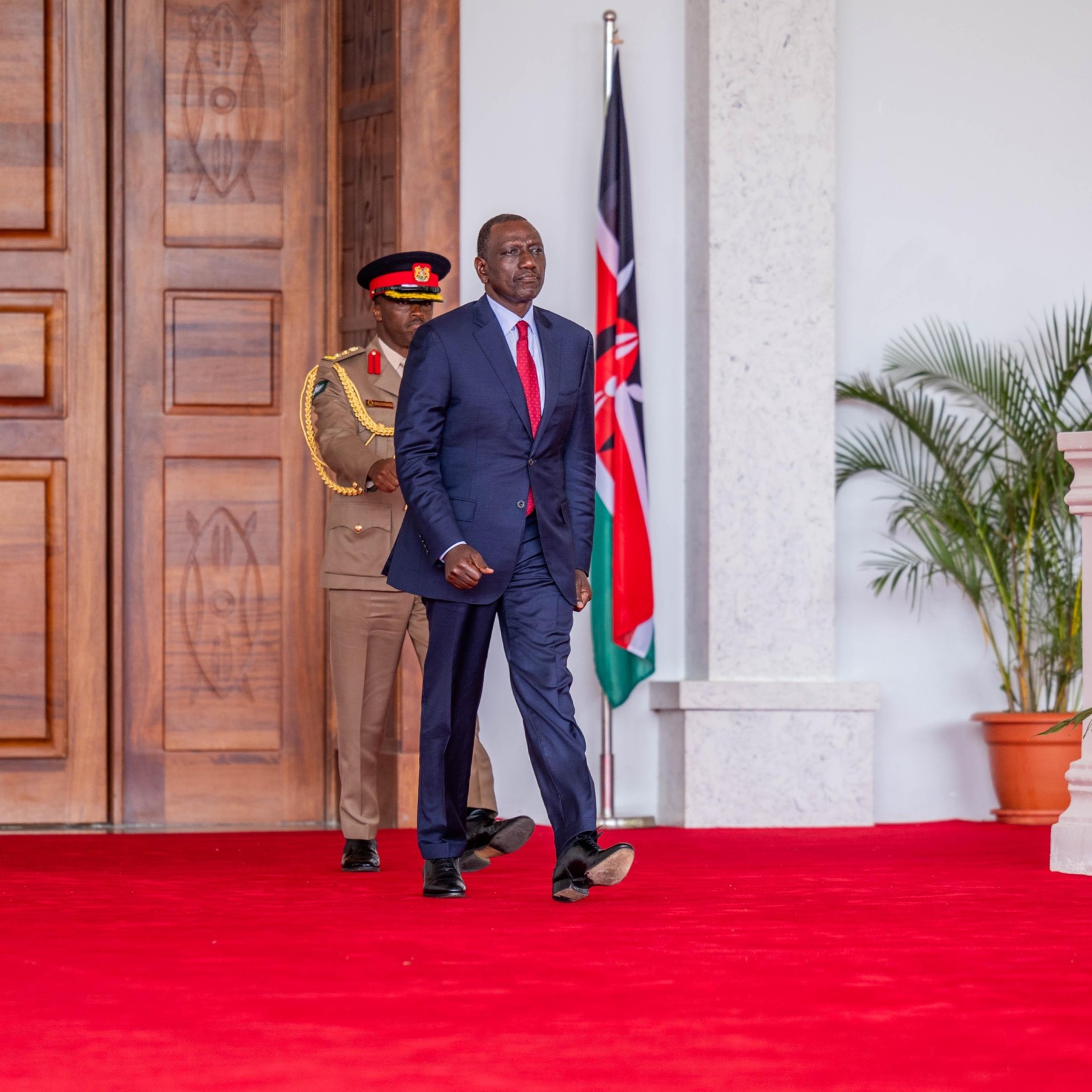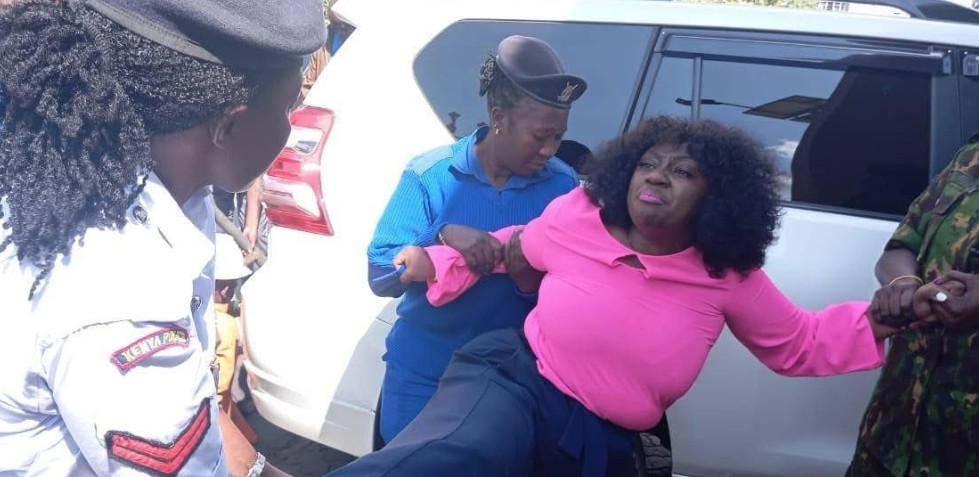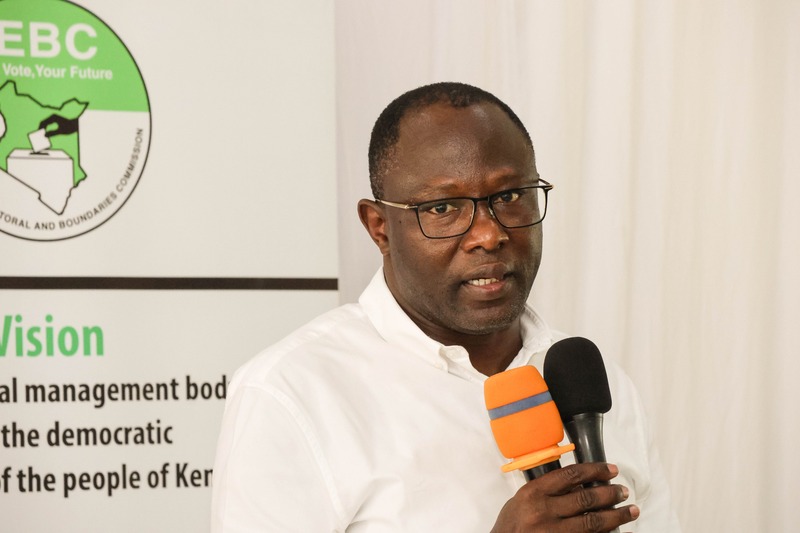WHO Africa summit urges investment to end maternal mortality
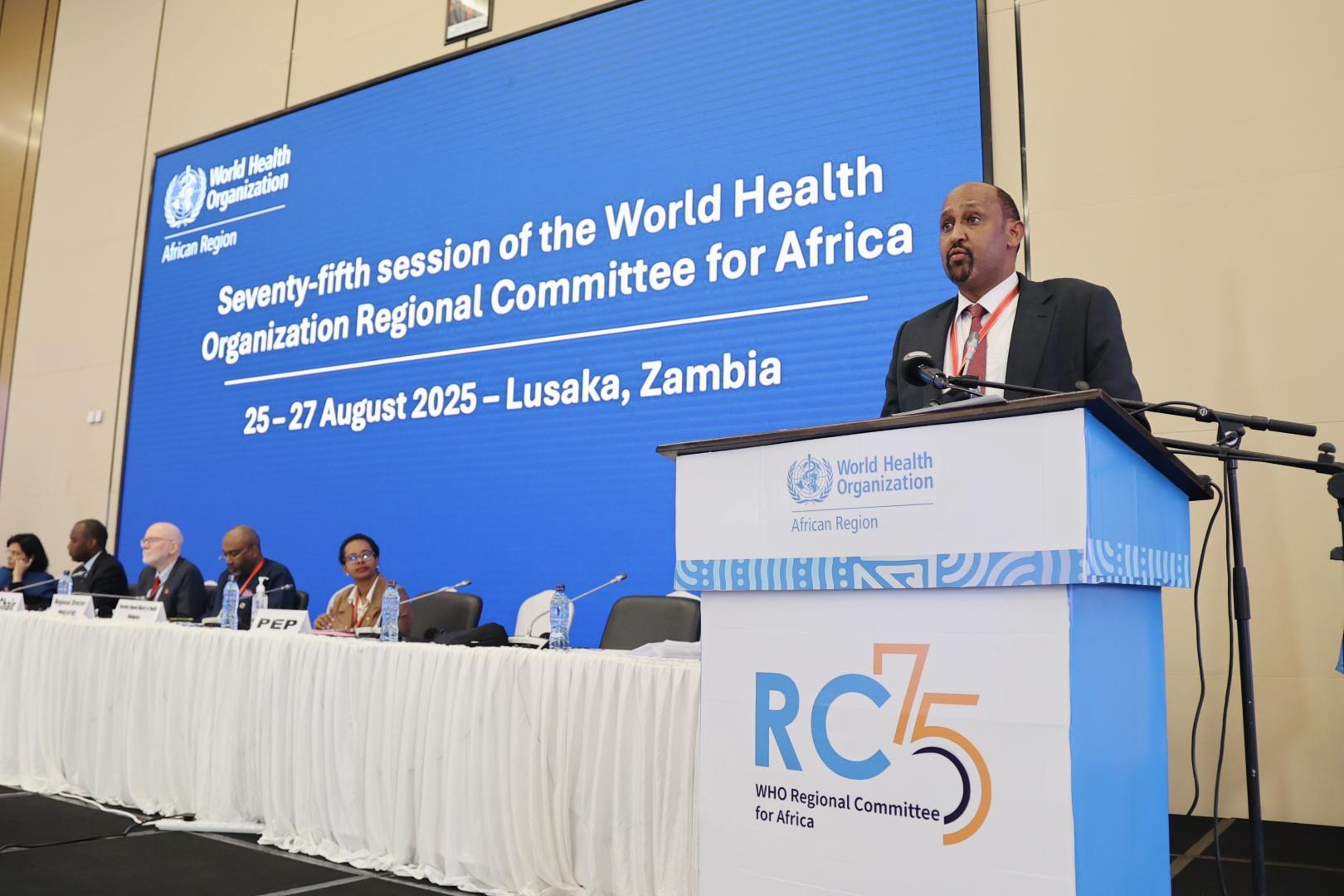
WHO cautioned that current efforts remain uneven and inadequate to meet the sustainable development goals set for 2030.
African leaders have highlighted the urgent need to stop preventable deaths among women, children, and adolescents during the 75th session of the WHO Regional Committee for Africa (RC75).
The meeting brought together member states and partners to focus on accelerating action, improving accountability, and increasing investment in health services across the continent.
More To Read
- Hunger and disease in Gaza will only worsen from ‘man-made’ famine: WHO
- African governments urged to boost funding as NCD crisis deepens
- US suspends chikungunya vaccine after reports of severe side effects
- Heat stress on the rise, slashing work productivity by 2-3 per cent, report warns
- TICAD9 summit ends with ambitious pledges to drive Africa’s transformation
- Reprieve for women struggling with infertility as committee backs reproductive technology Bill
A total of 43 statements were delivered, 30 from countries and 13 from partner organisations, emphasising Africa’s persistent challenges in maternal and child health.
Despite progress from 2000 to 2023, maternal deaths have declined by 40 per cent and under-five mortality by more than half, yet Africa still accounts for 70 per cent of global maternal deaths and 55 per cent of child deaths.
Delegates heard that “Every day, roughly 800 women and newborns die due to preventable causes related to pregnancy and childbirth.”
WHO cautioned that current efforts remain uneven and inadequate to meet the sustainable development goals set for 2030.
The organisation introduced its working paper on accelerating progress in the health and well-being of women, children and adolescents by transforming health systems in the African region.
It outlined three main strategies: prioritising health investments, expanding access to services, and ensuring equity and resilience in essential health care.
Several countries shared their experiences: Kenya highlighted challenges from limited resources, noting that “key challenges include commodity gaps and skilled health workforce attrition.”
Seychelles stressed the need for reliable data to guide policy, while Zambia said, “We are using data to drive health programmes and address challenges such as health systems inequalities.”
Malawi raised concerns about teenage pregnancy, emphasising efforts to enhance training and provide access to life-saving supplies.
Financing and accountability were major points of discussion. With global funding under strain, countries stressed the importance of domestic investment.
“We particularly call for investment in health as a driver of socio-economic development,” Seychelles said.
A Lancet report cited at the session warned that reductions in US support and the dismantling of USAID could lead to 14 million additional deaths by 2030, including 4.5 million children under five.
Senegal, a member of the Global Leaders Network (GLN), urged stronger accountability within the African Union (AU).
“Senegal calls for joining the Global Leaders Network to institutionalise accountability for the health of women, children and adolescents within the organs of the African Union,” its delegate said.
Kenya supported this call, advocating for “stronger regional mechanisms for accountability and data use.”
Civil society organisations reinforced the message, with the Partnership for Maternal, Newborn and Child Health (PMNCH) stating: “We know what works; the challenge is ensuring commitments are implemented, tracked and reviewed transparently, with communities, youth and civil society meaningfully engaged.”
Opening the session, Zambian President Hakainde Hichilema shared a personal account of Africa’s health struggles.
“I was born in a health centre with no water, no electricity. My grandmother was the birth attendant. This remains a reality for too many African women and children today,” he said.
Hichilema highlighted Zambia’s reforms, including expanding health facilities, recruiting specialists, and linking health with education to ensure over two million children returned to school. He urged African leaders to focus on resilient health systems, local manufacturing, regional cooperation, and alignment with global frameworks.
“These challenges are only beginning; therefore, we need to respond positively and aggressively. We must see the opportunity in challenges,” he said, committing Zambia to lead in vaccine production.
Top Stories Today
